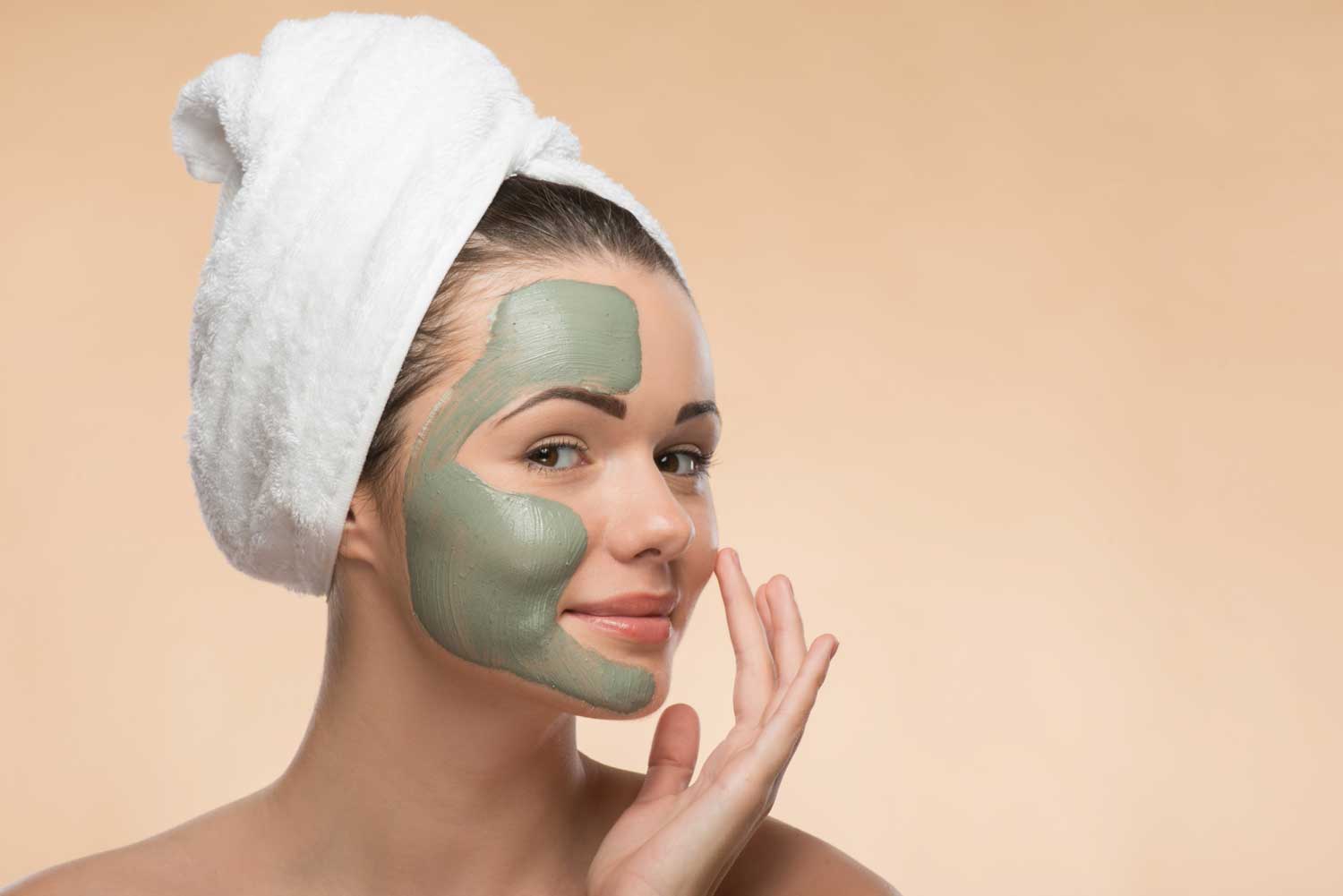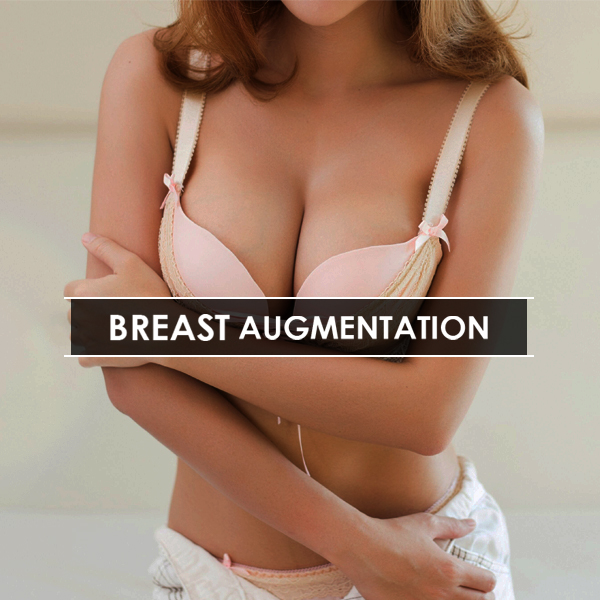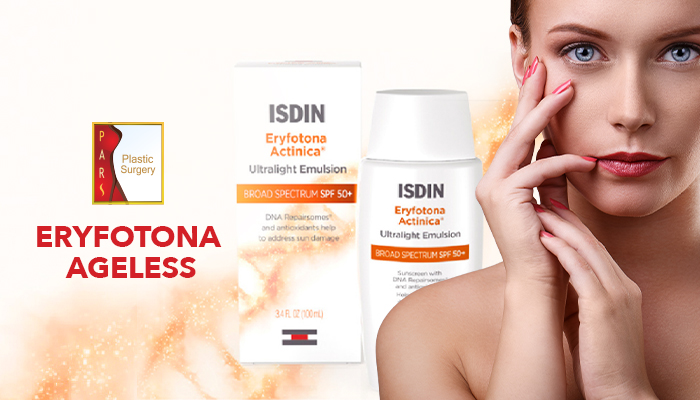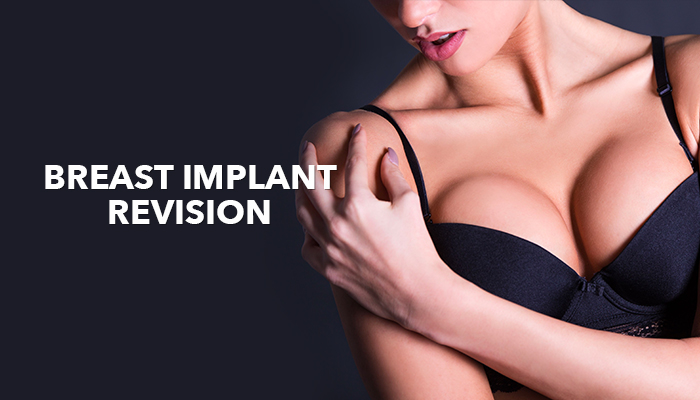
Acne can be irritating, and can dull the appearance of the skin.The dark spots that remain after acne on the skin are caused by inflammation during the skin’s healing process, for this reason, they are also called post-inflammatory pigmentary alterations. In other terms, acne scars or spots occur when normal tissue in the skin is destroyed and replaced with fibrous tissue. When the skin is opened up (such as pop a pimple), and then closes back, this zone can get abnormal pigmentation and texture, and the skin looks different from the rest. Sometimes, when a blood vessel is broken, it can result in a mark that appears more red or purple than brown which is most common in people who are light skinned.
Because each person tends to heal differently, and some have more scars than others, the best way to avoid it is to treat acne with a great skin care routine (this includes to resist picking, poking, or touching a pimple). Usually, people with deeper skin tones may develop darker marks or hyperpigmentation while people with lighter skin tones may notice redness. Likewise, some lifestyle habits like sun exposure, can cause marks and scars to become darker; picking or squeezing pimples creates further inflammation and can lead to more damage too.
According to the American Academy of Dermatology, acne is the most common skin disorder, affecting up to 50 million Americans, and nearly 85 percent of people experience it at some point in their lives. The acne does not always mean chronic pimples and cystic acne. Any person can experiment pimples, especially during times of hormonal fluctuation (such as stress-related events and menstruation).
A spot treatment product has helping to remove only acne spots that already exists as objective, which results in a brighter and better skin. This is why spot treatments are different from other acne treatments.
Actually, it is recommended to use a spot treatment as soon as the patient feels a pimple forming. Nowadays, there are a lot of products in the markets. When it comes to choosing the right product it is recommended that the patient visits the doctor first, because he will explain the best treatment for each case. Most products found in the market include at least one of three active ingredients: salicylic acid, benzoyl peroxide, and/or sulfur.
– Benzoyl peroxide: It works by breaking down into benzoic acid and oxygen when it touches the skin. The oxygen helps killing the amount of acne-causing bacteria and acts as a deep exfoliant, which helps to get rid of dead skin and sebum which is built up inside the pores. This component is effective but powerful, so when it is overused can cause dryness in the skin. Experts recommend using products with 2.5% of benzoilperoxid to avoid skin irritation and dryness.
Before using products with benzoyl peroxide for the first time, the patient should check if he/she is allergic to it. To check it, the patient can put a small amount on one or two small areas of acne for three days. If he/she has an allergic reaction, he/she should stop using this product and get medical help right away.
The benzoyl peroxide should be applied only to the areas of the skin affected by acne. Also, the patient should avoid getting this medication into the eyes, nose or mouth or on any areas of broken skin since it may cause irritation. It usually takes at least four weeks to work and it must be used continuously to keep acne at bay.
– Salicylic acid: On the skin, salicylic acid helps to correct the abnormal shedding of cells, and unclog pores to resolve and prevent injuries. This substance does not have any effect on sebum production and does not kill bacteria. Just like benzoyl peroxide, it must be used continuously because its effects stop when the patient stop using it.
– Sulfur: This substance in combination with other substances such as alcohol and salicylic acid is a component of many over-the-counter acne medications. But this usually isn’t used by itself because it has an unpleasant odor. It’s unclear how sulfur works, but it has only a marginal benefit in most cases.
Spot treatments can be used alone, being especially helpful for people who only succumb to an occasional pimple. But in some cases, spot treatments are combined with other local or oral medication. Antibiotics may be used on top of the skin (topical) or taken orally (systemic). They work by clearing the skin of acne-causing bacteria and reducing inflammation. Topical antibiotics are limited in their ability to penetrate the skin and clear more deep-seated acne, whereas systemic antibiotics circulate throughout the body and into sebaceous glands.
Usually, topical antibiotics aren’t recommended alone as an acne treatment, as they can increase the risk for antibiotic resistance in skin bacteria. However, using benzoyl peroxide with a topical antibiotic may reduce the chances of developing antibiotic resistance.
At our center, all the products show effective results and are tested thoroughly before its use. This product is clinically proved to help reduce the appearance of blemishes in 48 hours, it is non-irritating, it soothes the skin and reduces redness, it is especially designed for acne-prone skin because it is non-comedogenic, and it has been dermatologically tested.
What are the warnings about Spot Acne Treatments?
Patients taking acne drugs should be alert to possible side effects and interactions with other drugs and herbal remedies.
Some treatments can produce reddened, dry, and sensitive to sunlight skin; rare but serious allergic or severe irritation can also appear. Other systemic effects can occur when the treatment is oral, like stomach upset. Even taking oral antibiotics for more than a few weeks may leave women susceptible to yeast infections. Symptoms can appear anywhere from minutes to a day or longer after use.
The patient should seek emergency medical attention if he/she has symptoms such as throat tightness, difficulty breathing, feeling faint, or swelling of the face or tongue. Some products can inhibit the effects of others, so they should never be applied at the same time of the day. In the end, whichever product the patient chooses, he/she should remember to follow all the doctor directions.
Dr. Amjadi MD, DDS, FACS
Certified by the American Board of Plastic Surgeons
915 Gessner Rd #870
Houston, TX 77024
713-465-6198













